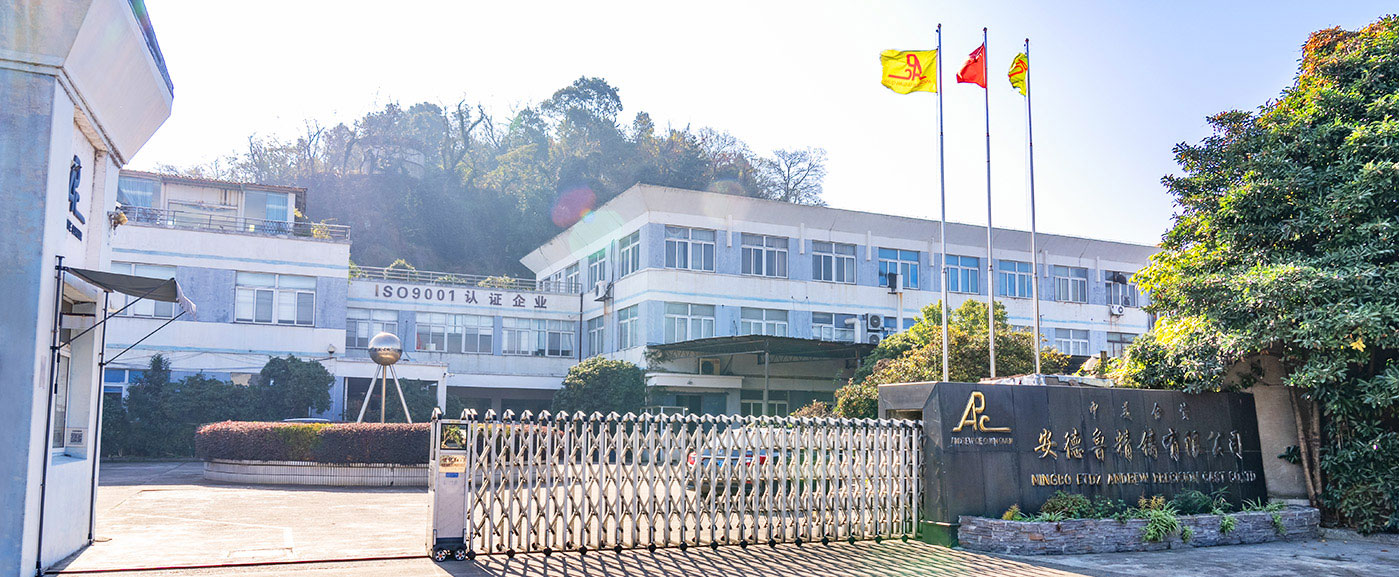In modern engineering design and manufacturing, choosing the right materials is crucial. Stainless steel precision tee and cross castings are popular because of their excellent performance and advantages in all aspects.
Stainless steel is a corrosion-resistant alloy material mainly composed of iron, chromium, nickel and other elements. Among them, the addition of chromium makes stainless steel have good oxidation resistance, can maintain the smoothness and brightness of the surface in most chemical environments, and is not easy to rust. This corrosion resistance allows stainless steel to maintain stable performance in humid, acidic or alkaline environments, so it is widely used in industrial fields.
Stainless steel has good strength and wear resistance, making it perform well in high temperature, high pressure or high-intensity working environments. This characteristic enables stainless steel precision castings to withstand various complex mechanical and thermal stresses and maintain stable shapes and sizes, thereby ensuring long-term stable operation of equipment and structures.
Stainless steel has good processability and can achieve complex shapes and precision size requirements through various processing techniques. Whether it is casting, forging, cold drawing or machining, stainless steel can be processed to meet the needs of different engineering projects. This kind of processability makes the manufacturing of stainless steel precision castings more flexible and diverse, and can meet the individual needs of customers.
Stainless steel has good recyclability and environmental protection, and can effectively reduce resource waste and environmental pollution. Since its main components are iron, chromium and other common elements, stainless steel can be recycled through recycling, which reduces production costs and energy consumption, reduces the demand for natural resources, and is conducive to sustainable development and environmental protection.
Stainless steel precision tee and cross castings are popular because of their excellent corrosion resistance, good strength and wear resistance, excellent processability, and good recyclability and environmental protection. In various engineering projects, choosing stainless steel precision castings will provide reliable guarantee for the design, manufacturing and operation of equipment and structures, and promote the progress and development of engineering technology.
What is the manufacturing process of Stainless Steel Precision Three-Way And Four-Way Castings?
The manufacturing process of stainless steel precision tee and cross castings is carefully designed and strictly controlled to ensure the quality and performance of the final product. This process can be divided into several key steps:
Material Selection and Preparation: The first step in manufacturing stainless steel precision castings is to select the appropriate material and prepare it. Normally, the stainless steel material selected should comply with international standards or customer specific requirements, and have good chemical composition and physical properties. During the material preparation stage, raw materials need to be rigorously inspected and tested to ensure their quality and availability.
Casting process: Casting is one of the key steps in manufacturing stainless steel precision castings. During the casting process, it is necessary to design and manufacture appropriate molds, and select appropriate casting processes and equipment. Normally, the casting process of stainless steel precision castings includes steps such as melting stainless steel materials, injecting molten metal into molds, cooling and solidification. Through precision casting technology and advanced equipment, castings with complex shapes and precision sizes can be manufactured to ensure product quality and precision.
Machining and surface treatment: After casting is completed, subsequent machining and surface treatment are required. This includes removing burrs and oxide layers from the surface of castings, and performing surface polishing or sandblasting to improve the surface quality and appearance of the product. Depending on the customer's requirements and application needs, other machining processes such as turning, milling, drilling, etc. can also be performed to achieve more precise shapes and sizes.
Quality inspection and testing: Manufactured stainless steel precision castings need to undergo strict quality inspection and testing to ensure that they meet customer requirements and standards and meet expected performance indicators. Common inspection and testing methods include dimensional inspection, chemical composition analysis, mechanical property testing, etc. Only products that have passed quality inspection and testing can leave the factory and be put into use.
Stainless steel precision castings are widely used in various fields and industries. Their excellent performance and diverse designs make them an ideal choice for various engineering projects.
Automobile industry: In the field of automobile manufacturing, stainless steel precision castings are often used in the manufacture of key components such as engine systems, braking systems, and transmission systems. Its corrosion resistance and excellent mechanical properties enable the casting to operate stably for a long time in harsh working environments, improving the performance and reliability of the car.
Aerospace: In the aerospace field, stainless steel precision castings are widely used in the manufacturing of aircraft engines, aircraft structures and other components. Its high strength, corrosion and wear resistance allow the casting to withstand extreme mechanical and thermal stresses, ensuring flight safety and excellent performance.
Chemical equipment: In the chemical industry, stainless steel precision castings are often used to manufacture various chemical equipment and pipeline connections. Its corrosion resistance enables castings to operate stably for a long time in acidic or alkaline media, ensuring the safety and stability of chemical production.
Energy equipment: In the energy field, stainless steel precision castings are often used to manufacture various energy equipment and pipe connections. Its high temperature resistance and pressure resistance allow castings to play an important role in combustion, heat transfer, transportation and other links, improving energy efficiency and safety.
Marine engineering: In the marine field, stainless steel precision castings are often used to manufacture offshore platforms, ship equipment and marine engineering structures. Its seawater corrosion resistance and good mechanical properties enable the castings to operate stably in the marine environment for a long time, ensuring the safety and reliability of marine projects.
